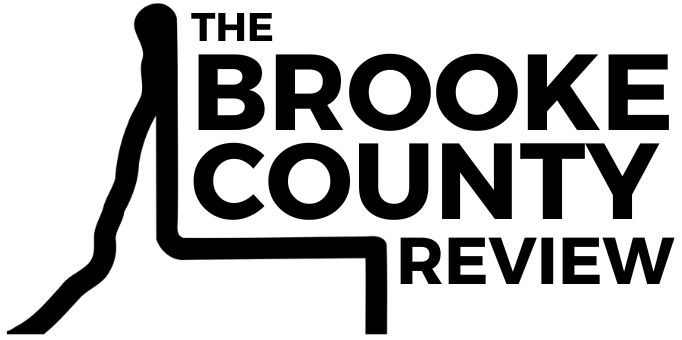Medical students tour working mine, learn about industry
West Virginia Press Association
LEWISBURG, W.Va. – “It was eye-opening to see what a day in the life looks like for coal miners and what they endure to make a living for themselves and their families. One of the most important takeaways was understanding the hazards and why they take those risks.”
That comment, from Hannah Ankrom, a West Virginia School of Osteopathic Medicine’s Class of 2025 student and native of Sistersville, W.Va., came after she traveled underground at the Arch Coal Mine in Eccles, W.Va. Ankrom said being inside a mine gave her a new perspective on the lives of miners and the health challenges they may face.

On Dec. 4-5, students in the WVSOM Rural Health Initiative had a chance to see firsthand what those miners go through in order to work in a subterranean environment. Students learned about safety regulations and toured a coal processing facility in addition to exploring the working mine.
A total of 23 WVSOM students — more than in any previous year that the mine activity has been offered — visited the National Mine Health and Safety Academy in Beaver, W.Va., operated by the U.S. Department of Labor’s Mine Safety and Health Administration, to learn about the coal industry and its associated health risks. The trip also included a visit to Arch Coal Mine, where students went underground to see an operational mine and speak with miners on the job.
About 10,000 coal miners went underground in the Mountain State in 2023, as reported by the West Virginia Office of Miners’ Health Safety and Training.
Rebecca Thacker, WVSOM’s Rural Health Initiative program director, said the event was a valuable educational resource for medical students who plan to practice in West Virginia.
“It showcased advancements in the coal mining industry and allowed students to see current working conditions and potential health risks, equipping future doctors with the knowledge and empathy needed to serve the health care needs of West Virginia’s diverse population,” Thacker said. “A handful of major industries are typically prevalent in rural areas, and successful medical education involves imparting to students the skills to establish rapport with and treat their patients. My hope is that our students are learning how to seek more insight into the populations they will end up serving.”

At the National Mine Health and Safety Academy, students toured the facility’s mine simulation lab and were trained in the use of self-contained self-rescue devices — portable oxygen sources that provide breathable air when none is available — in addition to taking part in two simulated rescue scenarios created by the staff of WVSOM’s Clinical Evaluation Center, involving a mine collapse and a fire, respectively. After completing the scenarios, students discussed potential plans of action under the guidance of WVSOM faculty members Dwight Bundy, D.O., and Mark Waddell, D.O.
As part of the experience, West Virginia state Sen. Tom Takubo, D.O., a graduate of WVSOM’s Class of 1999 who practices pulmonology and critical care, gave a presentation to students that introduced some of the conditions physicians see frequently in miners. He also discussed the decrease in coal mining employment in West Virginia and emphasized the importance of physicians being aware of legislation that affects the health of their patients.
WVSOM’s Rural Health Initiative is designed to enhance the primary care curriculum at WVSOM in order to produce graduates qualified to practice in rural and underserved communities. Students in the program learn about common West Virginia industries such as the coal, timber, agricultural and oil and gas industries.
WVSOM is a national leader in educating osteopathic physicians for primary care medicine in rural areas. Visit WVSOM online at www.wvsom.edu.




